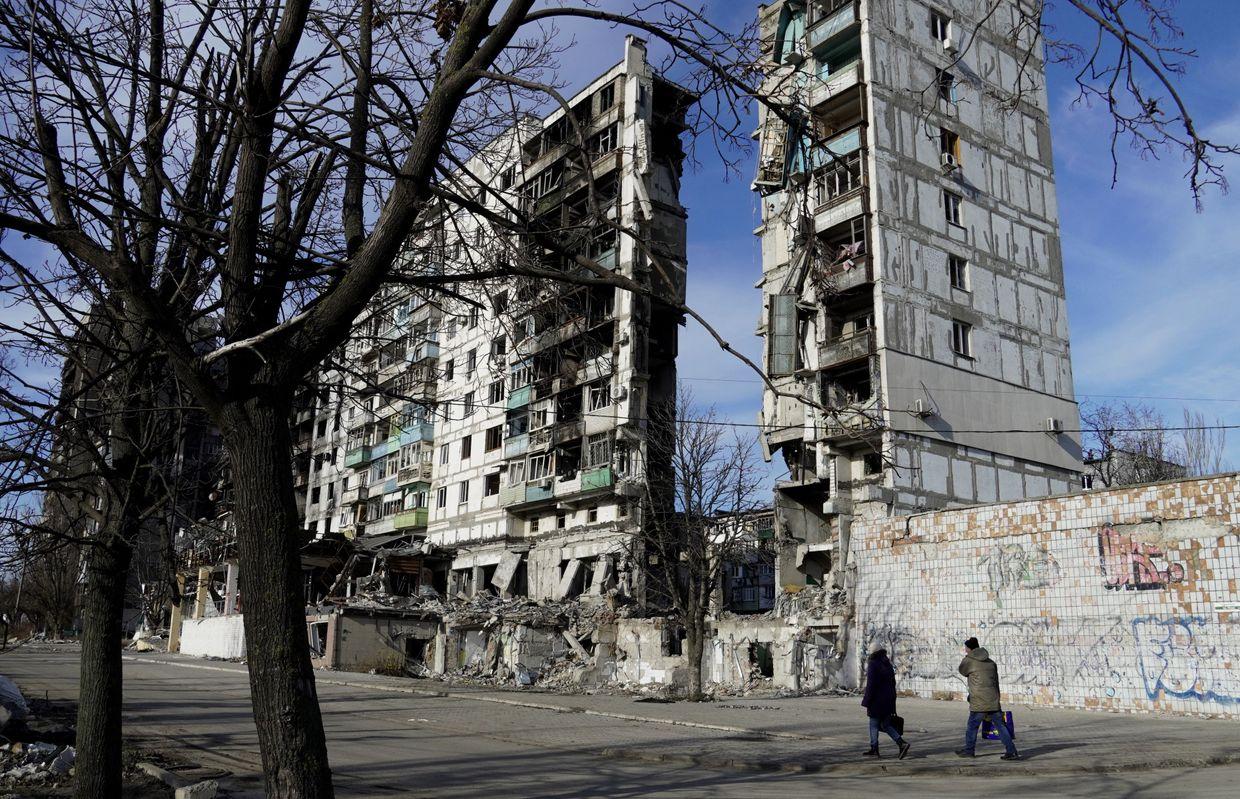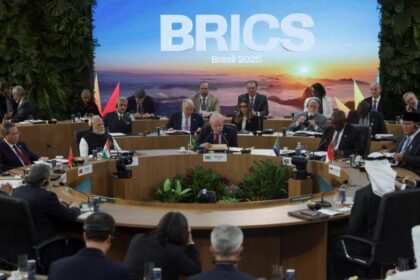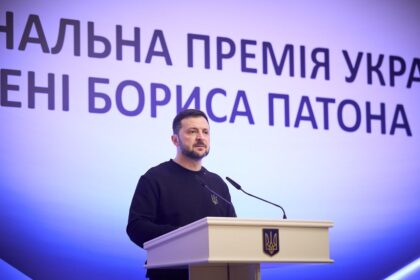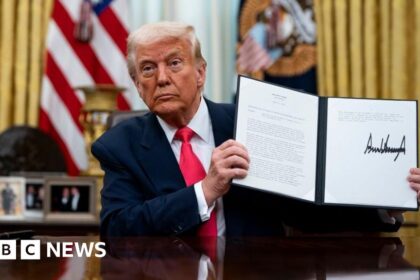**Russian Interests Deeply Embedded in Occupied Mariupol**
A new research paper has shed light on the vast extent of Russian government entities and private companies involved in the economy of occupied Mariupol, a major city in southeastern Ukraine. The study, conducted by the Serious Organized Crime & Anti-Corruption Evidence (SOC ACE) research program, reveals that over 1,000 Russian officials and institutions are implicated in the occupation’s economy.
According to the report, titled “Looting Mariupol: Russia’s use of illicit finance and economic crime in Ukraine,” these individuals and companies have been leading and benefiting from the Russian occupation. The researchers have compiled a database, known as the Russian Illicit Finance in Occupation Database (RIFO Database), which contains information on the mechanisms of illicit funding and business seizures in Mariupol.
The database includes three key datasets:
1. A list of over 1,000 Russian officials and institutions involved in the occupied Mariupol’s economy, suggesting potential abuse of authority and/or participation in asset theft.
2. More than 1,200 private companies engaged in the occupation’s economy, which may indicate benefits from corruption and fraud or services provided to Russia’s security forces that have carried out war crimes or crimes under international law.
3. Over 180 Russia-based companies potentially involved in business takeovers without the consent of legal owners, which could give rise to claims of fraud, theft, or pillage.
The study highlights the importance of examining emerging Russian economic and political networks in Mariupol’s reconstruction after the devastating assault left large parts of the city destroyed. The researchers also investigate new developments around major industrial plants, including Azovmash and MMK Ilych, as well as Mariupol’s role as a logistics center for the Russian military and the illegal export of Ukrainian grain and other goods.
**Implications and Recommendations**
The study concludes that these economic practices in many cases constitute criminal activities and may be potential war crimes. The researchers suggest that targeted sanctions could increase the cost of Russia’s occupation, making its long-term hold on the territory less certain. This would require a more coordinated and targeted effort among G7 members.
As we continue to monitor the situation in Ukraine, it is essential to remember that targeted efforts can make a significant difference in countering Russian aggression.
Read More @ kyivindependent.com












